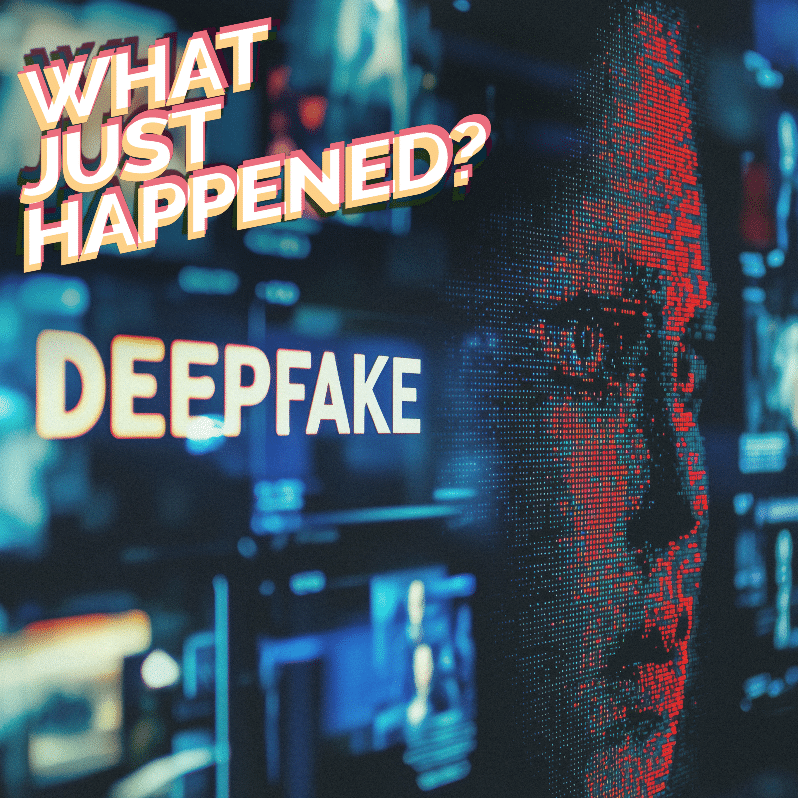Values aren’t about marketing, they’re about strategy.
It’s easy for brands to say what people want to hear (and to switch messages once the political climate changes, as we’ve recently seen), but your brand will be challenged to demonstrate how those values are being lived.
A recent episode of What Just Happened? saw Kate and Tamara speak to Sara Collinge, who is a PR consultant, creative director and the founder of Most Contagious. Sara specialises in brands being unapologetically honest, culturally relevant and engaging and does a lot of work around activism campaigns.
Sara joined Kate and Tamara to discuss Greenpeace’s famous campaign against Shell, which saw it target the oil company via one of its partners, LEGO.
The brands had a long-standing agreement which saw LEGO sets being sold in Shell petrol stations, but when Greenpeace created a viral campaign calling the partnership into question, LEGO had to act.
What can we learn from this 11-year-old activism campaign?
- It’s not just about your brand’s values, but those of your partners and suppliers. If you say the right things but work with organisations who act contrary to your values, people will notice, and your brand will be called out.
- Activists are creative and motivated by a cause they are passionate about. Emotion and the desire to see (and help achieve) positive change supercharges their campaigns and will always be much more compelling than the traditional bland corporate response.
- Take ownership of your choices and mistakes. The last thing that people want to see is the brand playing the victim card and forgetting their own agency in the matter. Someone in the organisation made a choice or signed a deal. Every time that deal was renewed, that choice was made again. People will respect honesty and transparency, denial? Not so much.
- Think strategically. As Sara says on the podcast: “You can’t go into a space where you stand for fun, education, the future, children’s minds – nurturing them into a better future – and then, in the background, have partnerships with some of the most destructive organisations on the planet. It just doesn’t work.” Being purpose-driven isn’t about marketing messages, it’s an organisation-wide commitment, everything you do needs to align to your values.
- Regularly review partnerships and suppliers to see if anything has changed. Do you still share the same values? Have they done anything that goes against your ethics?
- Understand and acknowledge the impact of your brand’s actions. This is especially important for brands that target impressionable children. The response to justified criticism needs to be empathetic and clearly lay out how the brand will change and a timeline for making these changes.
- Implement social listening to monitor for signs of potential issues.
- Be honest with yourself. It’s comforting to think that your organisation is “one of the good guys”, but there are potential issues lurking in many companies. Compromises are made every day from using technology that could be bad for the environment, but gives you the edge on your competitors, to working with a supplier that’s had some bad press because they offer the best rates. Being honest with yourself about these choices means you won’t be caught off guard when people start questioning you about them.
- Train those in your organisation who will need to deal with the fallout when your brand is targeted. The decision is usually several levels above their paygrade, yet they’re the ones who have to deal with the public anger.
As Sara points out, it’s impossible for brands to avoid the risk of being at the centre of an activist campaign. All you can do is do everything you can to be a positive force in the world, be honest and accountable.
–
Photo by Annie Spratt on Unsplash








